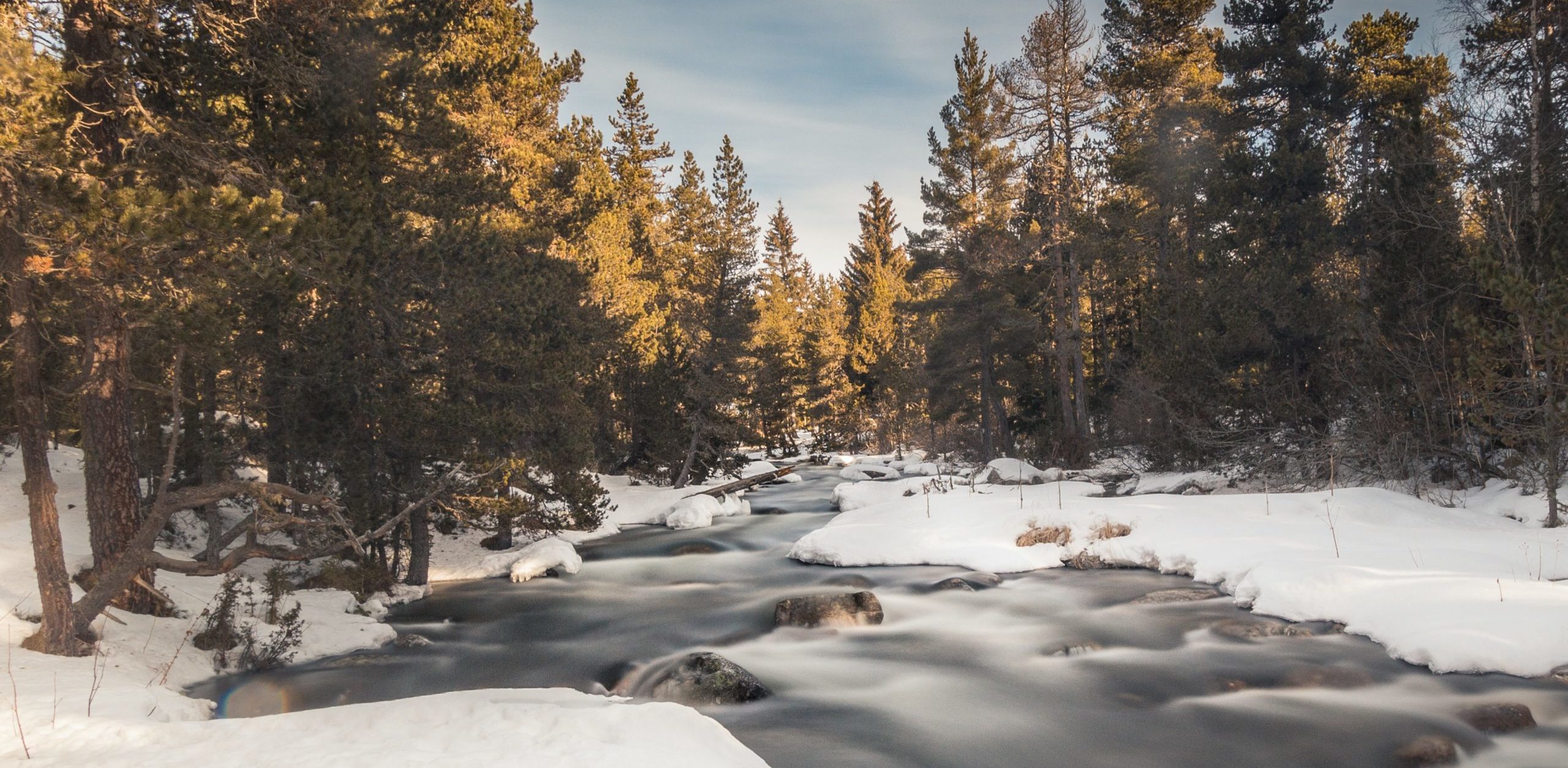Since 8 November, according to the cyclical rhythm of the Chinese calendar, we have entered winter. Even though, according to our Western calendar, we are still in autumn!
Invisibly, the energetic quality of Winter is already present. It is characterised by a movement of condensation, a return to the origin (begun in Autumn via the energy of Metal). Sap descends into the roots, seeds return to the earth, light diminishes, temperatures drop, and an irrepressible desire to stay under the duvet sets in.
The Water Element
Winter is associated with the Water Element, the most Yin of the five elements in Chinese tradition. In many traditions, life begins in water, which is confirmed by scientists. Life is undoubtedly linked to Water. But Water is also the most uncontrollable force of natural destruction.
Water
The best of man is like water,
Who benefits everyone and fights with no one,
Who dwells in places that others despise, In perfect harmony with the Way,
…
Lao Tzu, Chapter 8
Water, symbol of life and death, of beginning and end, but also of eternal renewal. The Water Element represents the end of every life cycle, the descent into death, but also the concentration of all potentialities, which will give birth to new life, like a seed in the ground. Water, formless, can adapt to all forms.
It is limitless, an infinite space of potential. Taking this time to retreat and reflect on our lives allows us to find a space of freedom, a period of latency to nurture our creativity: So let's take a break, so we can start afresh in the spring!
Indeed, this most Yin period of the year is synonymous with decreasing light, cooling, dormancy and hibernation. Far from being seen in negative terms, it is a very important time of year, when we store up energy and regenerate ourselves.
Winter is therefore a time for calm and rest: taking time for yourself, to reflect and refocus on your priorities, to rest and recharge your batteries. Let's retreat into our cocoon...
Kidneys
In Chinese tradition, Water is associated with the kidneys, the body's true ‘battery’, which store our innate and acquired energy. It is our vital force, the one that allows us to ‘give it our all’, to face adversity or danger with courage. A lack of courage leads to fear, an emotion linked to the element of Water, which in excess weakens the kidneys.
So, let's be careful not to go against the flow by staying in a lifestyle that's too Yang, or even hyperactive, which is often the case in our society, especially at the end of the year when there are lots of celebrations. Not following the rhythm of the season inevitably weakens the energy of our kidneys and drains our batteries. So going to bed early (before 11 p.m.), taking a short nap after lunch, favouring calm, indoor activities, and making a fire if possible will help us recharge our batteries and enjoy this season to the fullest.
Winter, despite its mildness, carries risks: colds and related illnesses (colds, flu, etc.), but also lower back pain, fatigue, and seasonal depression due to lack of light. So here are a few tips, and a lot of common sense, to help you get through winter.
Tips for enjoying winter
Resisting the cold:
In winter, the body is exposed to lower temperatures and requires more energy to stay warm. If you tend to feel the cold, you will need to adopt a strategy to keep warm and protect yourself:
- Eat and drink warm (no more ice-cold orange juice for breakfast or ice cubes in your aperitif !)
- It is also, of course, important to wrap up warm before going out in very cold weather: in particular, your feet and kidneys must be kept warm. (Our grandparents' ‘kidney belts’ were a good idea); if necessary, stimulate them with a hot water bottle when you get home in the evening.
- At the slightest sign of a cold, drink ginger tea to warm yourself up and expel the cold that has entered your lungs.
Winter nutrition:
- Avoid foods that are ‘cold’ in nature (summer vegetables and fruits: watermelon, melon, cucumber, courgettes, radishes, pineapple, grapefruit, wheat, oysters, and ice cream).
- Choose foods that are ‘warm’ or ‘hot’ in nature (beef, shrimp, mutton, chicken, pumpkin, fennel, onion, leek, chestnut, walnut, barley, millet, legumes) and add warming condiments: ginger, chilli, cinnamon, pepper, or even a drop of strong alcohol in very cold weather!
- The salty flavour has a similar effect to the movement of the ‘Water’ element. It brings energy down and draws it into the depths. Promote this flavour during winter (not by adding salt to our dishes, but by favouring naturally salty foods without excess) to tone our kidneys. It is found in seaweed, fish and seafood, duck, barley, and sparkling mineral water.
- We will also add dark-coloured foods, as black is associated with the Water element: seaweed, black sesame seeds, black beans, purple potatoes and lumpfish roe, to support the kidneys.
Managing our fears
Fear is the emotion that weakens the kidneys the most, so let's be aware of our fears, put them into perspective by living in the present, and avoid using the word ‘fear’ in our everyday language!
